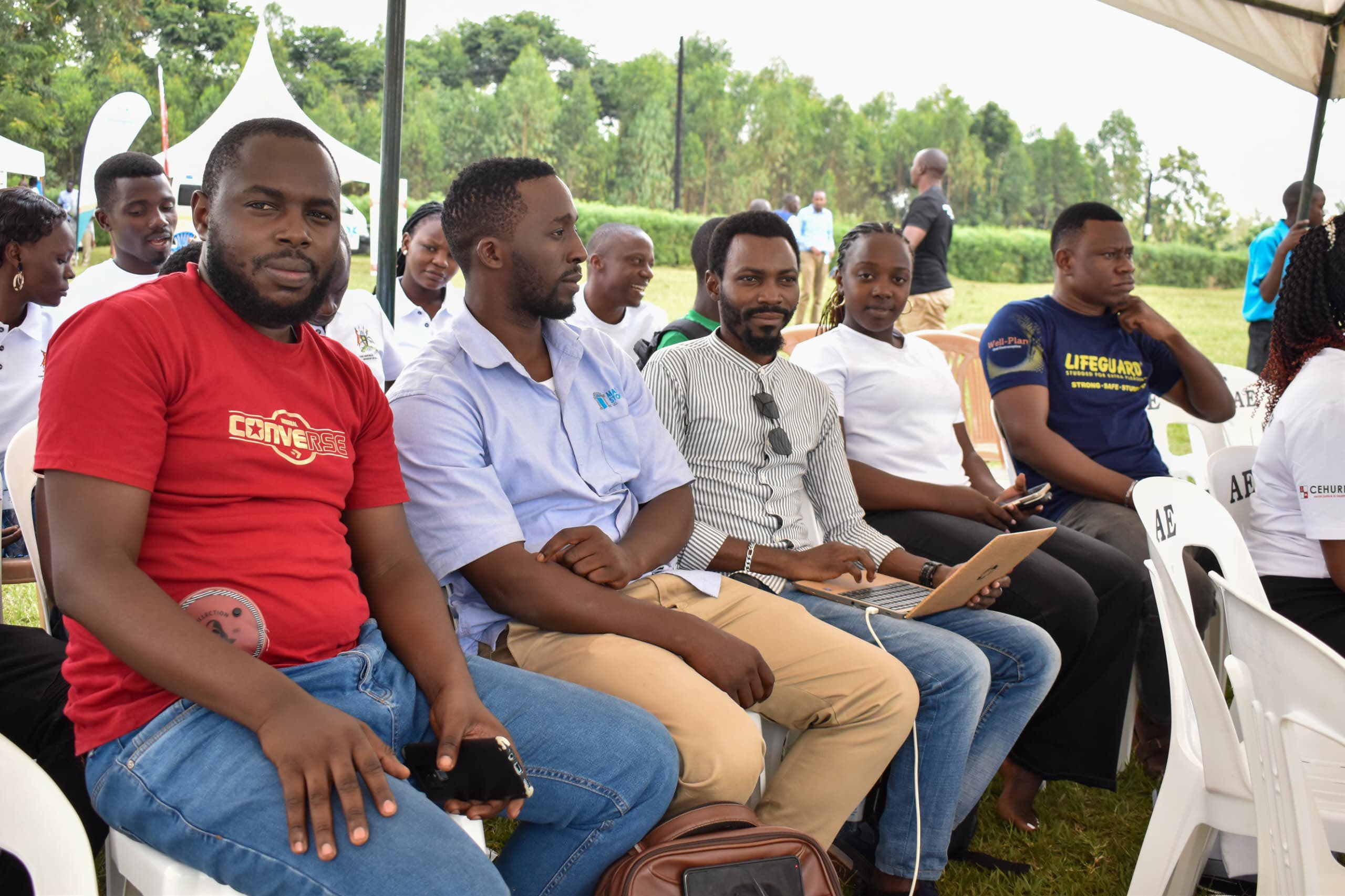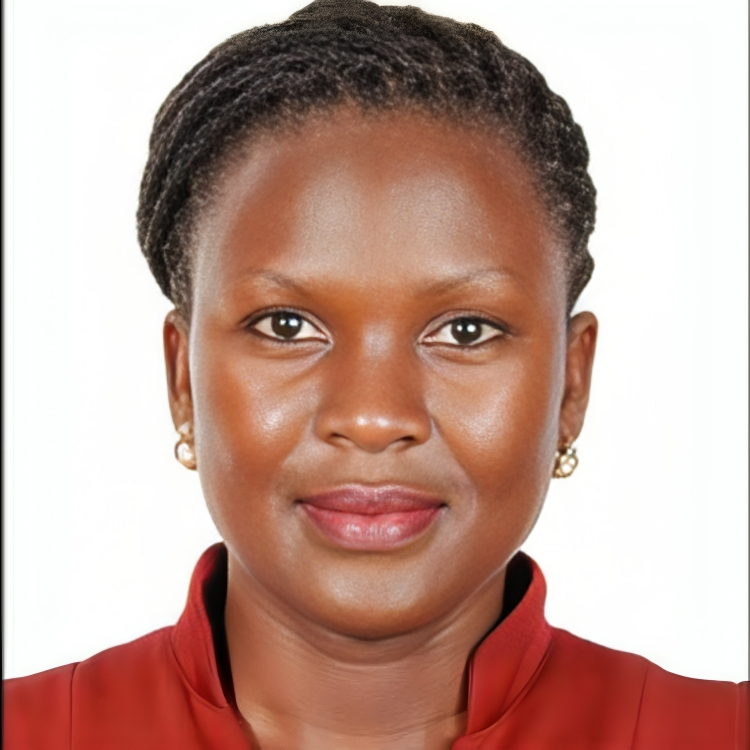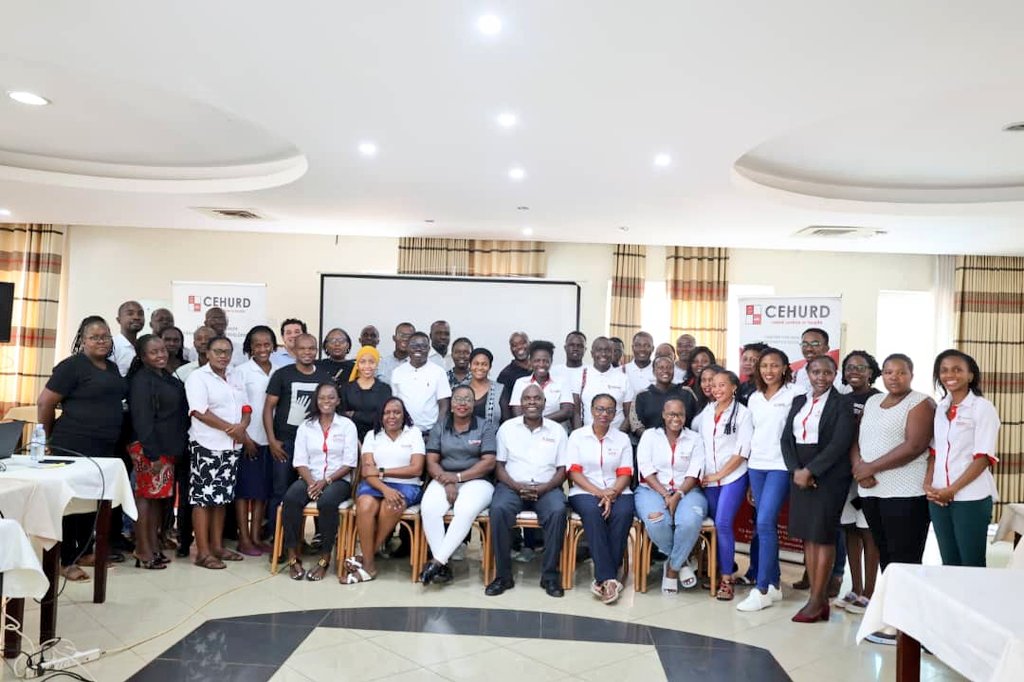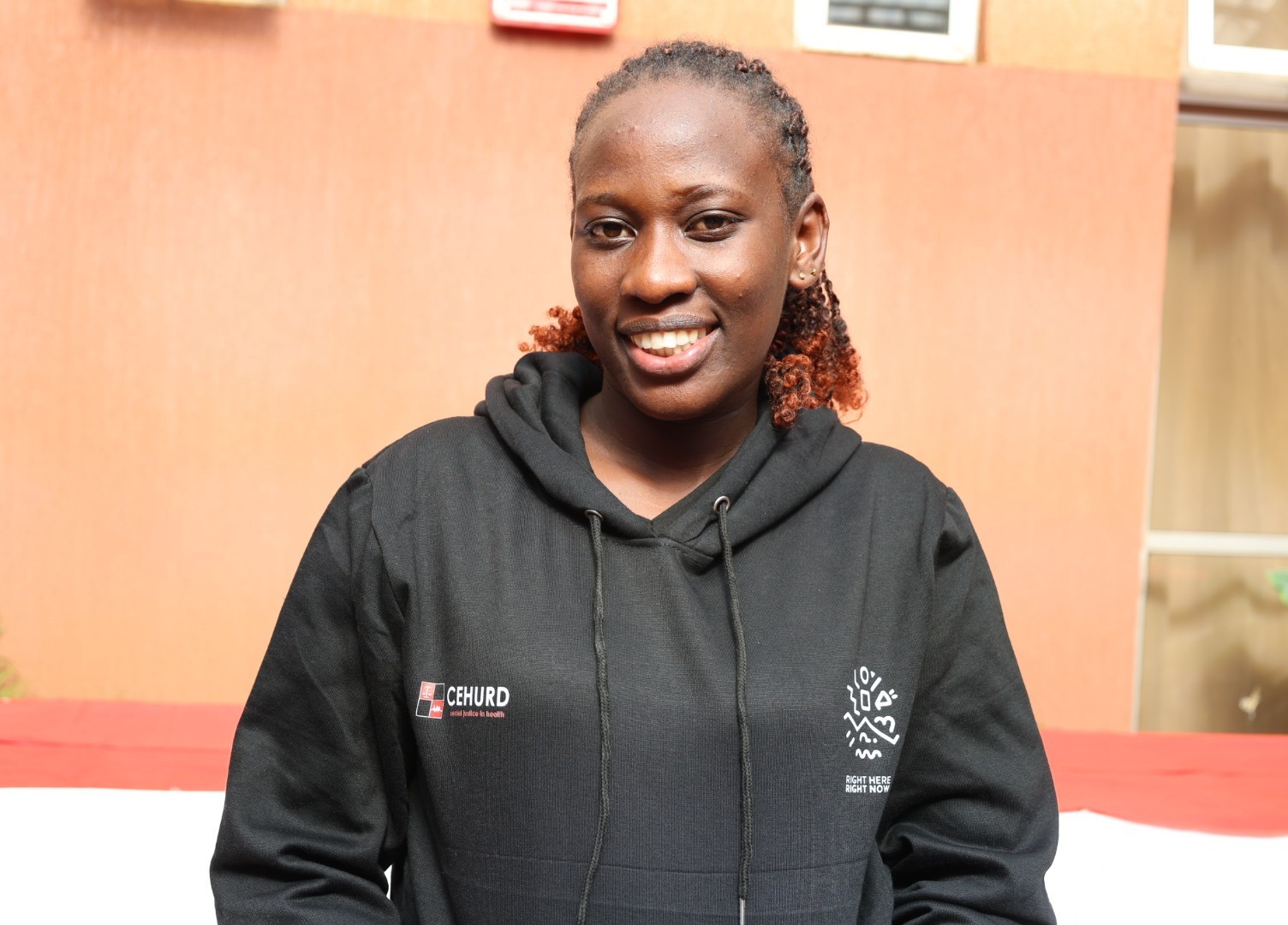CEHURD together with the Ministry of Health joined partners to Celebrate International Self-Care Day in Kayunga
By Paul Webs
On Friday, July 26, 2024, I had the honor of joining CEHURD Uganda in the vibrant town of Kayunga to celebrate International Self-Care Day—a day dedicated to health, well-being, and, above all, self-love. This event highlighted the importance of self-care for individuals and communities, making it a day to remember.
Held on July 24 each year, International Self-Care Day (24/7) is a global observance symbolizing that self-care should be a continuous priority—24 hours a day, 7 days a week. The World Health Organization (WHO) defines self-care as the ability of individuals, families, and communities to promote health, prevent disease, maintain well-being, and manage illness with or without the support of a healthcare provider. It’s a vital component of healthcare, especially in communities with limited healthcare resources.
The event in Kayunga was packed with activities designed to make everyone feel empowered as the guardians of their health, with sessions that encouraged a sense of mindfulness, techniques to handle daily stress, helping attendees embrace a holistic approach to wellness.
Exhibition stalls set up by local health advocates, wellness brands, and CEHURD showcased a wide range of products and tools for self-care. From herbal teas and organic skin-care products to demonstrations on meal prepping and stress-relieving exercises, there was something for everyone. A particular highlight was the “Nutrition and Health Talks” booth, where experts shared insights on maintaining a balanced diet and incorporating nutrient-rich foods into everyday meals.
Health Talks on Nutrition, Mental Health, and Lifestyle
Another key feature of the day was a series of engaging talks covering crucial aspects of self-care: nutrition, mental health, and lifestyle maintenance. Nutritionists discussed the importance of balanced diets and shared practical tips on achieving wellness without drastic dietary changes. Mental health professionals led discussions on recognizing signs of stress and burnout, offering guidance on coping strategies to keep mental health in check.
One of the event’s most compelling moments was a discussion on “Maintaining Health for a Happier Life,” which provided a fresh take on achieving wellness without the pressure of extreme fitness or diets. Participants learned about integrating exercise into daily routines in enjoyable ways that don’t feel like a chore.
The celebration in Kayunga served as a joyful reminder that self-care is an essential aspect of a healthy lifestyle. With support from CEHURD, the event reflected how simple acts of self-love—taking time for a mindfulness break, opting for nutritious food, or embracing a positive outlook—can make a difference in overall well-being.
Remember: Self-care isn’t selfish; it’s necessary! Take time for yourself, embrace kindness, and live healthier every day.
About the Author
Paul Webs is the Founder and CEO of Touchvert Uganda Limited, specializing in digital communications, brand influencing, content creation, digital strategy, storytelling, and digital marketing. He’s a tech-savvy blogger and the creator of the “Twitter Barbecue Party,” bringing together online communities for lively discussions.
#SelfCareDay #NationalSelfCareDay #SelfCare4UHC





